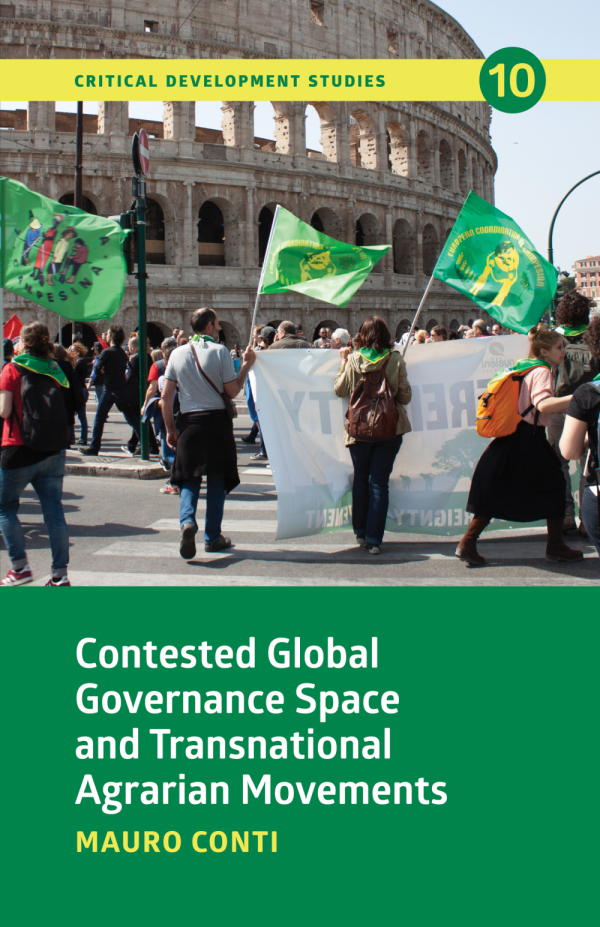
Contested Global Governance Space and Transnational Agrarian Movements
An unmatched empirical study of transnational movements deeply embedded in financialization theories.
About the book
This book is the first scholarly study of the new transnational agrarian movements (TAMs) from their perspective. It explores how they strategize within the global governance of agriculture to confront neoliberal aims of expanding capital penetration in the countryside. TAMs oppose this phase of financialization and instead foster a system based on agroecology and re-peasantization of production, valuing labour and natural resources over capital.
The book outlines how TAMs defend food sovereignty and oppose neoliberal policies in the context of climate change negotiations. It is written from their perspective, merging scholarship with activism through a methodology of observant participation.
Activism & Social Movements Global Studies & Development Political Economy
What people are saying
Saturnino M. Borras Jr., International Institute of Social Studies (iss), Netherlands, co-author, Scholar-Activism and Land Struggles“This is a very original book. Most analyses on financialization of food and agriculture are not linked to transnational agrarian movements, and most studies of transnational agrarian movements are not linked to financialization of food and agriculture. This book is the first attempt at combining analyses of the two. It is done from a scholar-activist perspective, making the book extra-ordinary and important.”
— Alessandra Corrado, Università della Calabria, Italy“I highly recommend this manuscript for its high value in scientific and political debate for a critical understanding of global governance issues and core issues such as agrcoecology and biotechnology.”
Contents
- Introduction: A Strategic Vision for the Agrarian Institutional Guerrilla
- Financialization and Capital Accumulation
- Globalization, Capital Accumulation and the Role of Agriculture
- Transnational Governance of Agriculture
- Climate Change and Family Farming: A Confrontation at the Agroecological Frontier
- Conclusion
- References


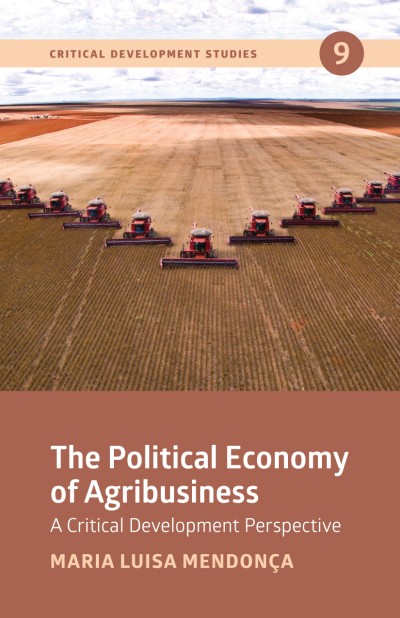

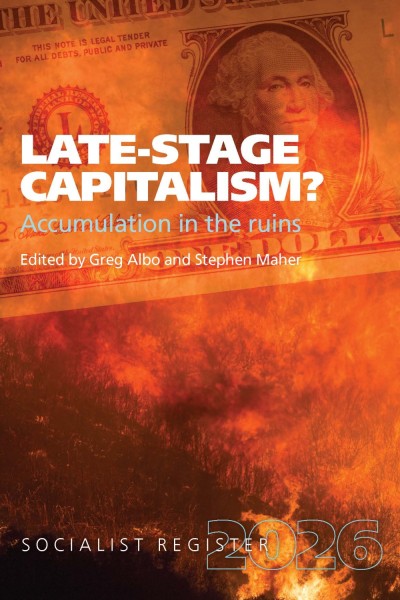


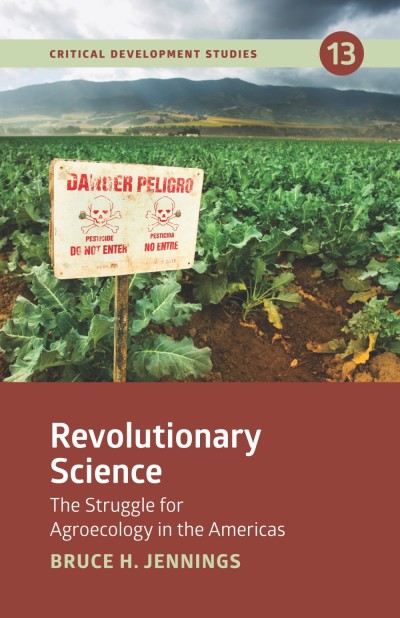

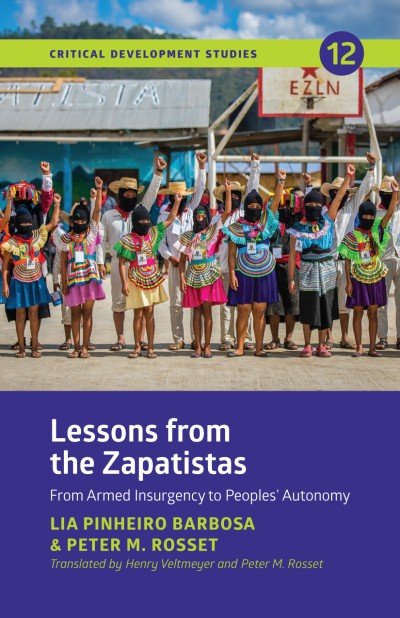
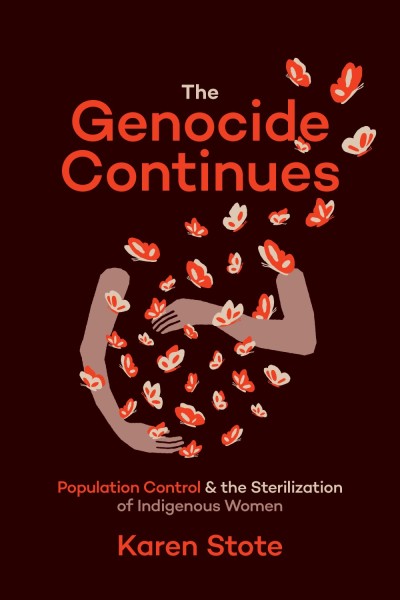

_cover-FINAL_400_600_90_s.jpg)
